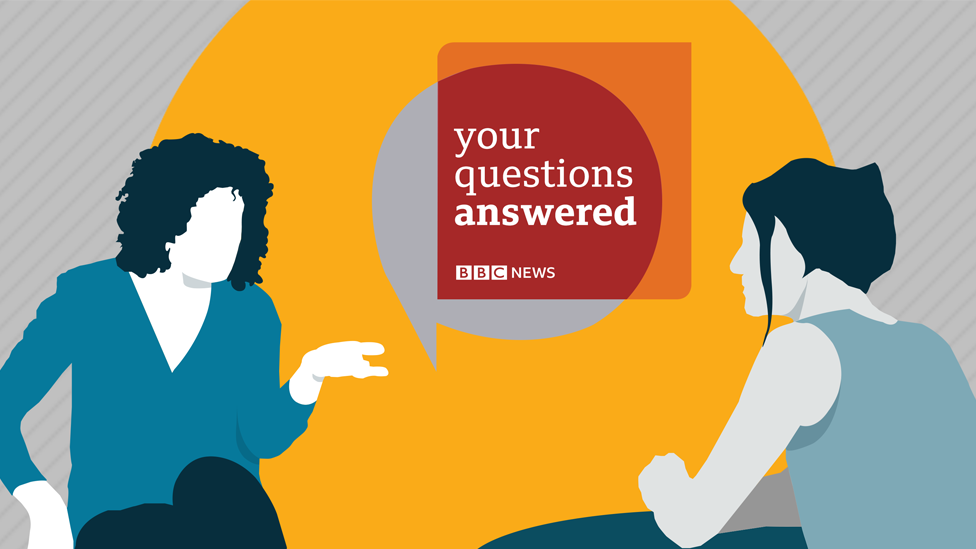Covid: Are lockdown rules changing? Public Health England answers your questions
- Published
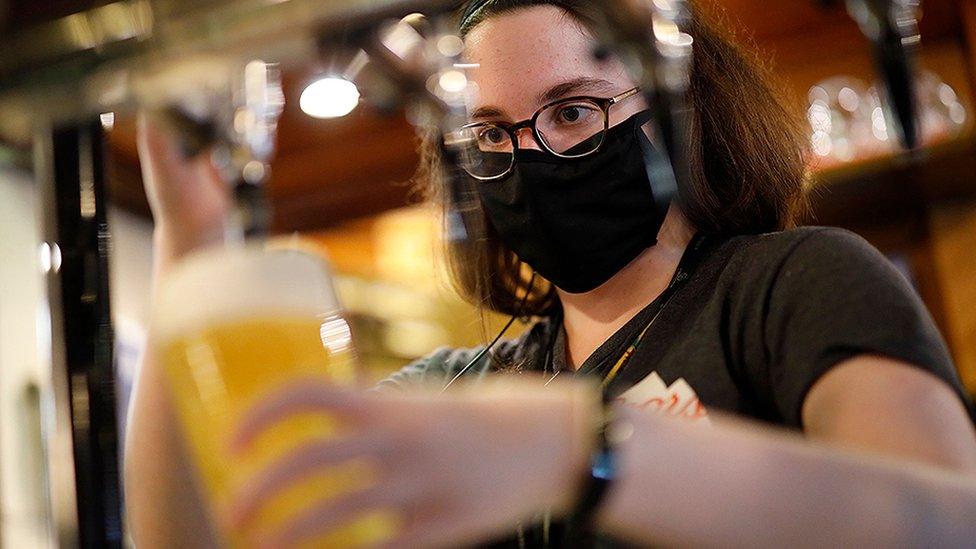
As coronavirus cases continue to rise and strong restrictions continue across the UK, people are wondering how it will all end.
Vaccinations centres have opened across the UK, but who will get the jabs, and when?
Restrictions are being reviewed, but what if people don't follow them?
Radio 1 Newsbeat put your questions to Professor Yvonne Doyle, who is Public Health England's medical director and director for health protection.
Do you agree that we might be on our way to more restrictions?
We're watching very carefully, it is early days.
We won't really know until next week, or maybe the week after whether these restrictions have had the effect that we very much hope for.
Every single day these things are reviewed. It's a balance between the need for what human beings want to do with what they we need to do to keep people protected.
It will be kept under review.
Why aren't the military being used to enforce lockdown rules?
Most people are actually keeping to the rules, it's really important to say.
The police can enforce and the law is there. But obviously, we'd much rather if people co-operated.
The best way to get people to cooperate is understand why this is happening, and really what it means for them and their families.
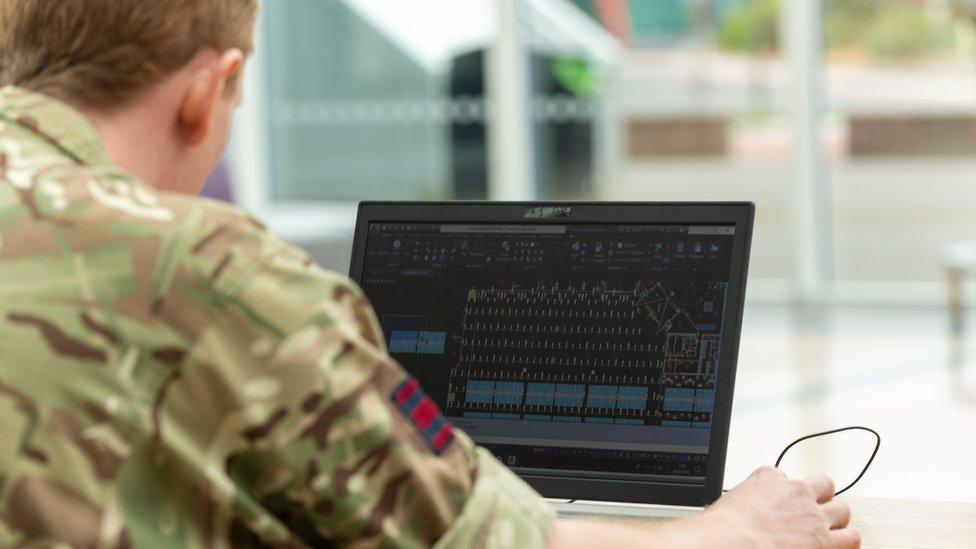
The military has been used to help with things like Nightingale hospitals and transporting vaccinations, but not to enforce lockdown rules
I'm a young mum. At the minute feels like I can't meet other mums. Should there be an extension to maternity leave?
It's tough. There are childcare bubbles, which mean you can form a bubble with another support household.
I would strongly advise you to have a good look on the gov.uk website, external.
When can I travel abroad to visit my family?
This is really difficult, but there are travel rules and it's worth looking at those online.
At the moment, given that we're all in lockdown, nobody is encouraged to travel.
The current lockdown will continue at least until mid-February, and may go beyond that.
Easing lockdown depends on a few things. The first is that the number of cases isn't going up exponentially, because at the moment it's rising very quickly.
Second is if the deaths are falling.
The third is that the NHS is under much less pressure than it is at the moment, when the intensive care units are very full.
I think lockdown will be released gradually, and everybody wants that. But at the moment, it's just not the right time.
Once people are vaccinated, can they start to move around?
The short answer is no.
We are in lockdown and it's important that everybody, even those vaccinated, do keep to the rules.
The second reason for this is that we do need to monitor the effects of the vaccine.
We're pretty confident it will protect people, but what we don't know is whether it stops people spreading it to others.
We only know that by following up. There are good studies doing that just now, but it's really early days.
Once someone has recovered from Covid, how do we know they're still not contagious?
There are a small number of people who have the virus in their body for quite a long time. They tend to be quite unwell, and nearly all of them are in hospital.
For most people though, once they've had the virus, they will get over it within 14 days.
The virus may be around for a couple of weeks afterwards, but generally they are not contagious after that point.
How long will the vaccine stay effective in someone's system once they've had it?
We have to watch this vaccine to see how long does it actually last. It may be that it needs regular boosting or regular updates. The flu jab gets updated every year.
But certainly, at the moment, it will release the problem we've got at the moment, which is that everyone is susceptible to being infected.
Is the Oxford-AstraZeneca vaccine safe and good? I've heard it's not as good as the Pfizer-BioNTech one.
All these vaccines that are allowed to be given to the population are safe and right to give.
It's very important if people are offered to the vaccine that they accept it.
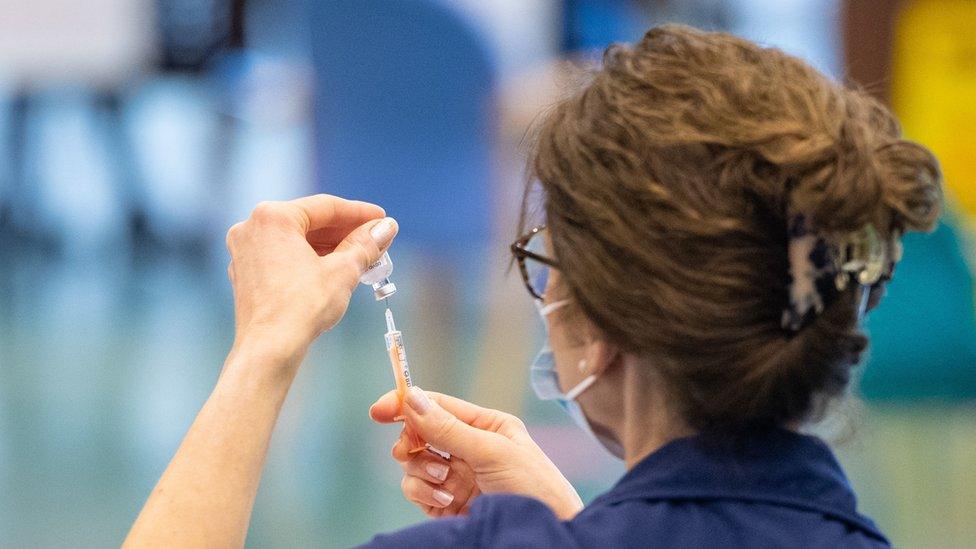
What percentage of people are not accepting the vaccine at the minute?
It's very early days, and the most people who are not accepting it are simply finding it difficult to get the right time to get there.
I would encourage people to accept the vaccine when they're offered.
My experience so far on our feedback is actually that there's a very high demand.
What happens to people that don't fall into the six categories of people who will be offered the vaccine?
The vaccine programme is split into a number of phases. Those who are in the first phase are those who are most likely to die or get really unwell, so it's important that they get the vaccine first. That's been really carefully worked out by the scientists and helped by modelling.
Eventually it'll work its way through the population. And there are enough doses there to give most people a vaccination if the vaccine is registered for them.
Why aren't we vaccinating teachers and pupils first?
We've done a lot of study with teachers and students, and we know that young people are less likely to show severe forms of the virus.
For teachers, they are not likely to get as ill as the very old and those who are in clinically at-risk groups. So those are the people who must be vaccinated first, because they are most likely to die.
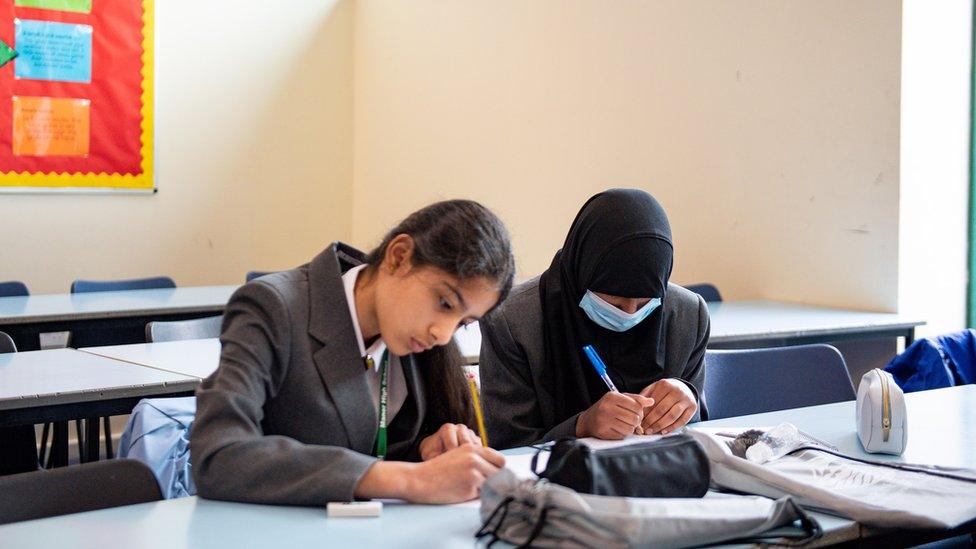
My mum works in a shop, and people come in without masks and don't social distance. Will she get the vaccine soon?
It's really important that people at work are in secure locations where the employer makes sure they're well protected.
Good ventilation, face masks and social distancing are what's needed. We're pressing all the time that both people who are in places adhere to this secure behaviour, but also employers make sure that their employees are as secure as they should be.
Have you thought about 24-hour vaccinations?
The vaccinators are working very long hours at the moment. It's important that they're not getting very tired so they are clinically safe to give the vaccine.
We also need to ask people to come at normal hours to get the vaccine.
Why aren't we doing things like drive-through vaccinations here?
There's all sorts of ways of getting vaccination now, and this country is one of the fastest of the market in western Europe.
This is a massive programme of offering vaccine to millions of people.
Answers have been edited or shortened for clarity.


Follow Newsbeat on Instagram, external, Facebook, external, Twitter, external and YouTube, external.
Listen to Newsbeat live at 12:45 and 17:45 weekdays - or listen back here.
- Published5 January 2021

- Published27 October 2020
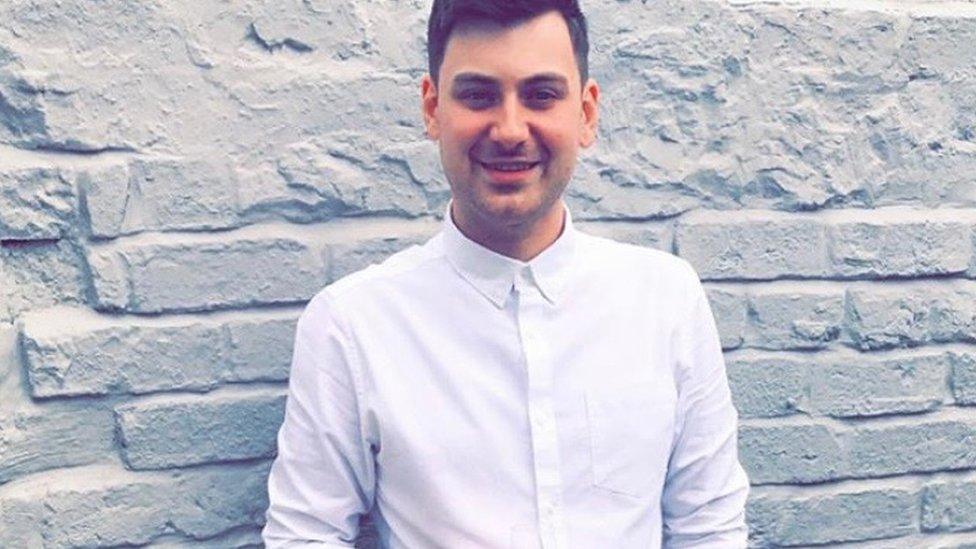
- Published24 April 2020
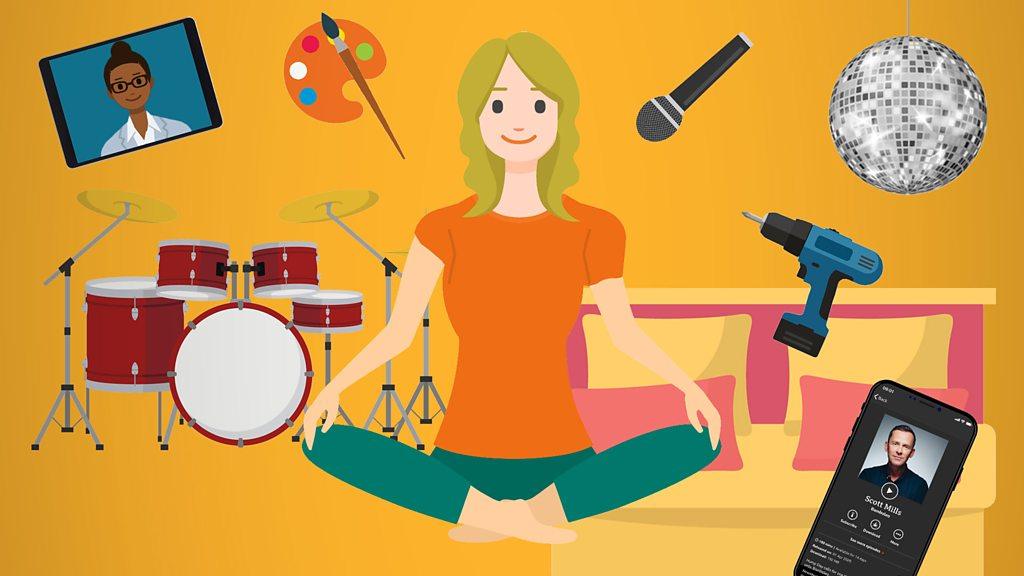
- Published22 February 2022
